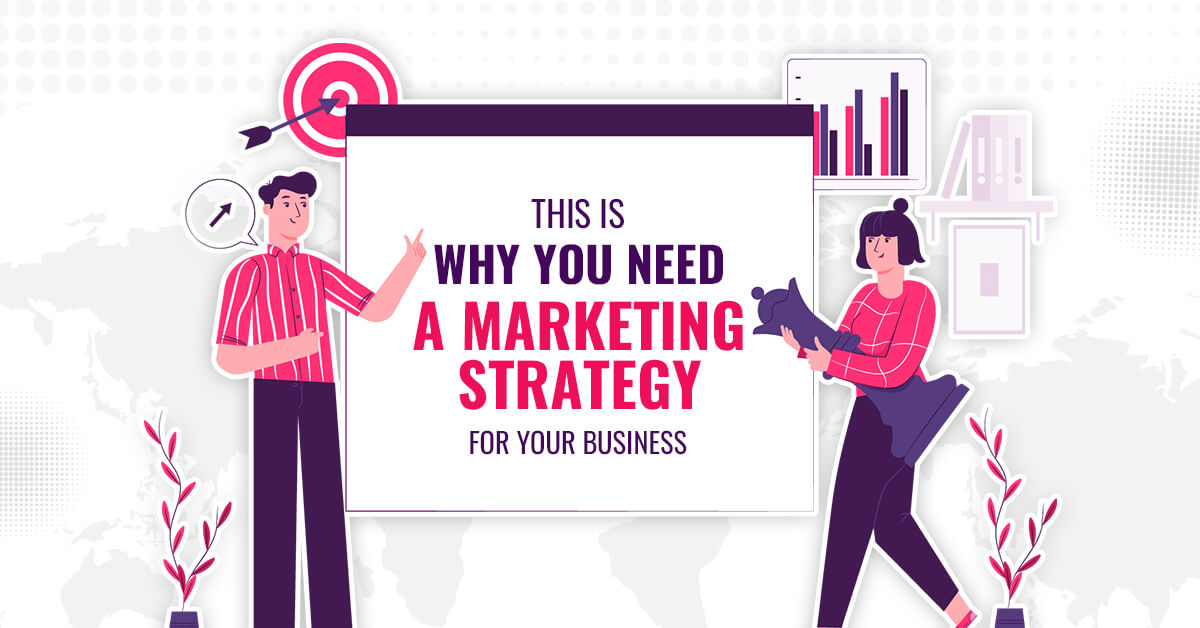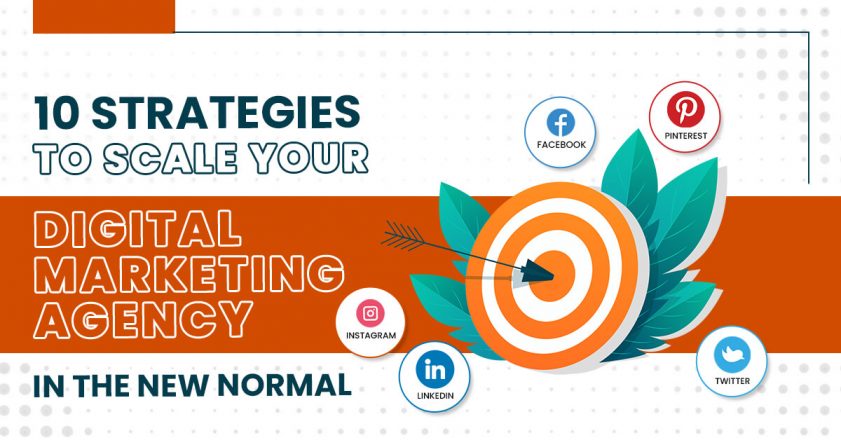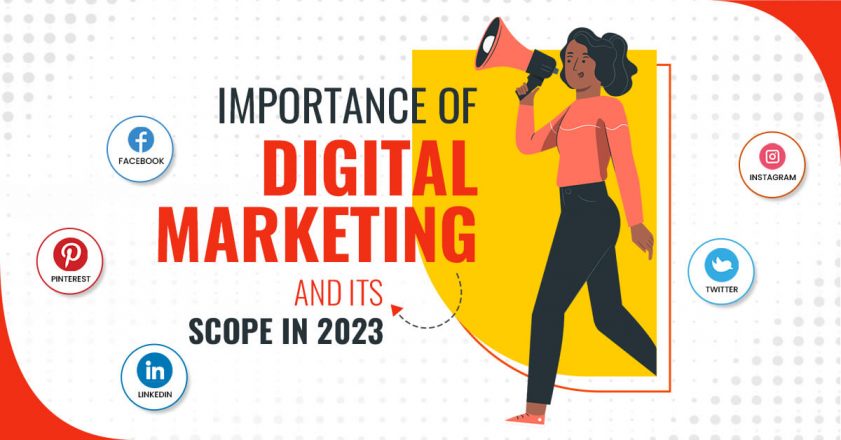In today’s fast-paced and competitive business environment, having a well-defined marketing strategy is crucial for success and sustainability. A marketing strategy serves as a roadmap that guides your business’s promotional efforts, helping you achieve your objectives, connect with your target audience, and outperform your competitors. In this article, we will explore the key reasons why having a marketing strategy is essential for your business’s growth and long-term success.
1️⃣ Clear Direction and Focus
marketing strategy provides your business with a clear direction and focus. It outlines your goals, target audience, unique selling proposition (USP), and the marketing channels you will leverage to reach potential customers. With a defined strategy in place, your team can align their efforts and resources towards common objectives, avoiding distractions and wasteful spending.
2️⃣ Understanding Your Target Audience
One of the primary benefits of a digital marketing strategy is the in-depth understanding it provides about your target audience. Through market research and analysis, you can identify your customers’ needs, preferences, and pain points. Armed with this knowledge, you can tailor your marketing messages and offers to resonate with your audience, increasing the chances of converting leads into loyal customers.
3️⃣ Competitive Advantage
In a competitive marketplace, a well-crafted marketing strategy can give your business a significant advantage. By identifying your unique strengths and opportunities, you can position your brand in a way that sets it apart from competitors. This differentiation allows you to attract customers who resonate with your brand values and offerings, fostering customer loyalty and advocacy.
4️⃣ Efficient Resource Allocation
Without a marketing strategy, your business may allocate resources haphazardly, leading to inefficiencies and wasted budgets. A strategic approach enables you to allocate resources where they will have the most significant impact. Whether it’s investing in content marketing, social media campaigns, or paid advertising, a well-defined strategy ensures your resources are utilized wisely.
5️⃣ Measurable Goals and ROI
A marketing strategy sets specific, measurable, achievable, relevant, and time-bound (SMART) goals. These goals provide a benchmark for success and allow you to track your progress over time. By measuring the return on investment (ROI) of your marketing efforts, you can identify what works best and optimize your strategies accordingly.
6️⃣ Adaptability and Agility
Business environments are constantly evolving, and consumer behaviors can change rapidly. A marketing strategy that emphasizes adaptability and agility enables your business to respond effectively to shifting market dynamics. You can pivot your tactics and explore new opportunities while staying true to your long-term vision.
7️⃣ Brand Consistency
A strong marketing strategy ensures brand consistency across all touchpoints. Consistent branding fosters trust and recognition among your audience, reinforcing your brand message and values. This consistency also helps establish your business as a reliable and reputable choice in your industry.
8️⃣ Maximizing Customer Lifetime Value
A marketing strategy not only focuses on acquiring new customers but also on maximizing the lifetime value of existing ones. By nurturing customer relationships through targeted campaigns, personalized offers, and exceptional customer service, you can increase customer retention and foster loyalty.
9️⃣ Building Authority and Thought Leadership
A well-executed marketing strategy positions your business as an authority and thought leader in your industry. Through content marketing, thought-provoking insights, and educational materials, you can build credibility and trust with your audience. As a recognized expert, customers are more likely to turn to your business when making purchasing decisions.
🔟 Long-Term Growth and Sustainability
Ultimately, a marketing strategy contributes to your business’s long-term growth and sustainability. By planning and implementing strategic marketing initiatives, you can build a strong foundation for continued success in both favorable and challenging market conditions.
In conclusion, a marketing strategy is a fundamental element of any successful business. It provides clear direction, helps understand your audience, and creates a competitive advantage. With efficient resource allocation, measurable goals, and brand consistency, your business can adapt, grow, and thrive in the ever-changing business landscape. Invest the time and effort to develop a comprehensive marketing strategy, and watch your business achieve its full potential.





